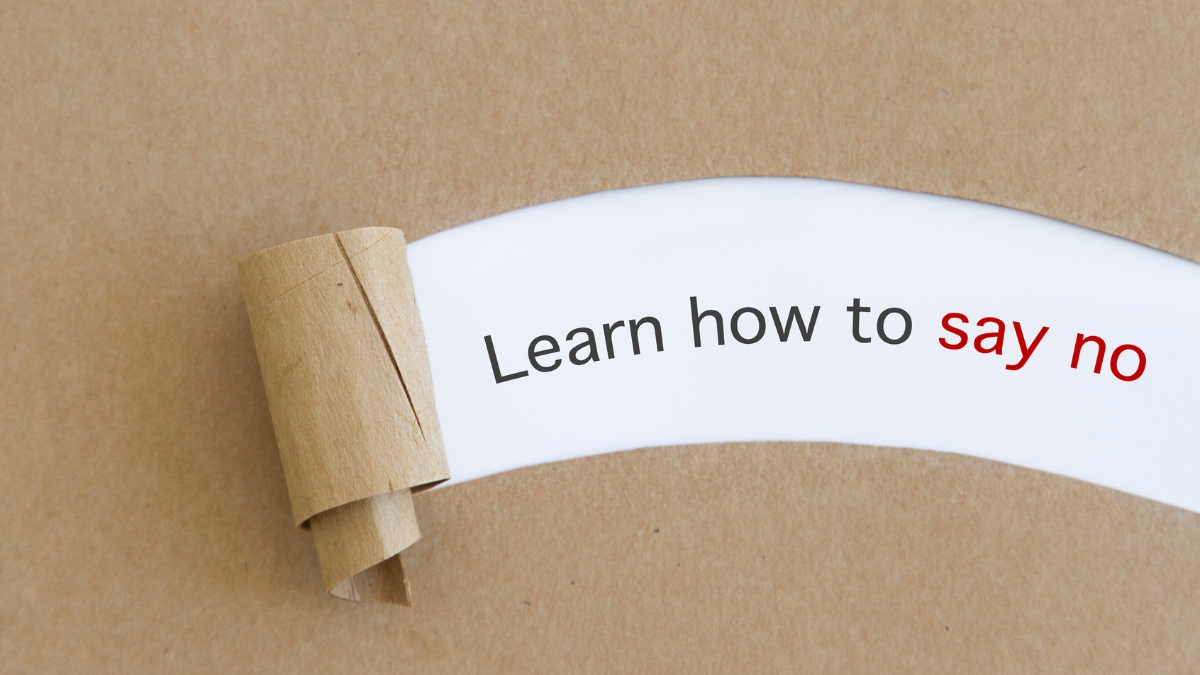Have you ever wondered why you do most of the tasks on autopilot? The answer is simple – your brain is wired to carry out those tasks every day, so you do not need to put in the effort.
Your brain senses the atmosphere, and when you do a particular type of action in those particular surroundings repetitively and probably at the same time, it switches to autopilot mode.
This is a reason why your fingers crawl up to your mobile phone when you get up. A default network system controls your routine habits. The same theory applies to your impulsive shopping behaviour.
For instance, if you have developed a habit of shopping when you feel blue, your brain will send the signal to shop because your brain has learnt to do it in a particular event of sadness and depression. It can be quite hard to train your brain to say no to impulsive buys, but it is not that difficult. Here are some ways to do so.
Say no to promotional offers
There is no need to be kind to every promotional offer made to you. You can say no to the check-out clerk offering you a promotional item. They are habitual of being turned down, so do not worry about their shattered feelings.
Being emotional is one of the greatest reasons why you fall prey to impulsive buys. When you encounter a marketing trick or a promotional offer, ask yourself if you actually need it and then think of your budget.
Pay in cash
Whether you believe it or not, most people use plastic which accounts for impulsive purchases. Whatever the trigger caused you to rush to a supermarket, you should always carry cash along with you.
When you have cash, you will be restricted from spending it. You will have a clear idea of how much you have spent on a particular item and how much you are left to spend further. However, this transparency does not exist when you use plastic.
Though you know the credit card limit, you can lose track. Impulsive shopping behaviour is largely responsible for debt burden. You need to realise how much you spend on your items. When the bill is generated, you immediately find that your account is now in the red.
Many people end up taking out cash loans in Ireland, and just then, the cycle of debt trap begins. Financial experts suggest using cash for all your transactions, especially for shopping. It will at least prevent you from falling into a debt trap.
Deal with your triggers
It is crucial to identify the triggers. You will likely be spending money impulsively when you are bored, annoyed or depressed. However, you must know what triggers those emotions. In other words, when it causes you to feel depressed and bored and when you have the urge to shop.
You should divert your mind if you know the point of the urge to shop. Instead of grabbing your wallet and rushing to a supermarket, you should hold yourself. First, ask yourself if you can put off the plan of shopping.
Instead of going out, you should get into the kitchen and cook yourself your favourite meal. Can you watch something on Netflix that entertains you? You may grab a book and read it. When you get to indulge in these activities, you will naturally feel like your urge to shop has gone.
Some experts believe that urge could come back as you get free from that activity. This usually happens because you are back in the same surroundings. For instance, you come back home from the office and get bored as you live alone and you have nothing to watch on TV.
When you have finished cooking, you are back in your bedroom, in the same monotonous atmosphere. Try not to get into that atmosphere. Keep yourself busy as much as you can. However, it is only possible some of the time to do. Therefore, self-control is a must. Just refuse your urge to shop.
Wise up
Most people get trapped in the cycle of impulsive buying as they do not know the difference between wants and needs. When you have the urge to shop, you should ask yourself if you actually need it.
If you want to buy it by the force of habit, you are simply wasting money. Even if you cannot control yourself at home, you should be alert in the mall at the time of buying clothes, shoes, and so forth.
You should ask yourself if you actually need them, and if so, how much. Excess buying is also a cause for killing your budget. Therefore, you must know the difference between needs and wants. You should not buy and come back home when you do not need something.
Have a cooling-off period
A cooling-off period could prevent you from buying unnecessarily. For instance, if you have got an urge to shop, you should give yourself some time. Try to go shopping the next day or at the weekend.
You will notice that your urge has faded by the time the shopping date comes. Make a list of items you want to shop for and try to pick one day to buy all those items regardless of their essentiality. On shopping, you should look at the list and see the necessary things.
You will automatically be able to curb your craving to buy things you do not need. Likewise, in the shopping mall, you should give yourself a few minutes to ponder whether you actually need it or can buy it.
The final word
Saying no to your impulsive urge to shop could be quite tough as your brain is wired into that tendency. However, you can break this cycle by resisting.
Self-control is the best technique to overcome impulsive buys. In addition, you should follow the techniques mentioned above.
